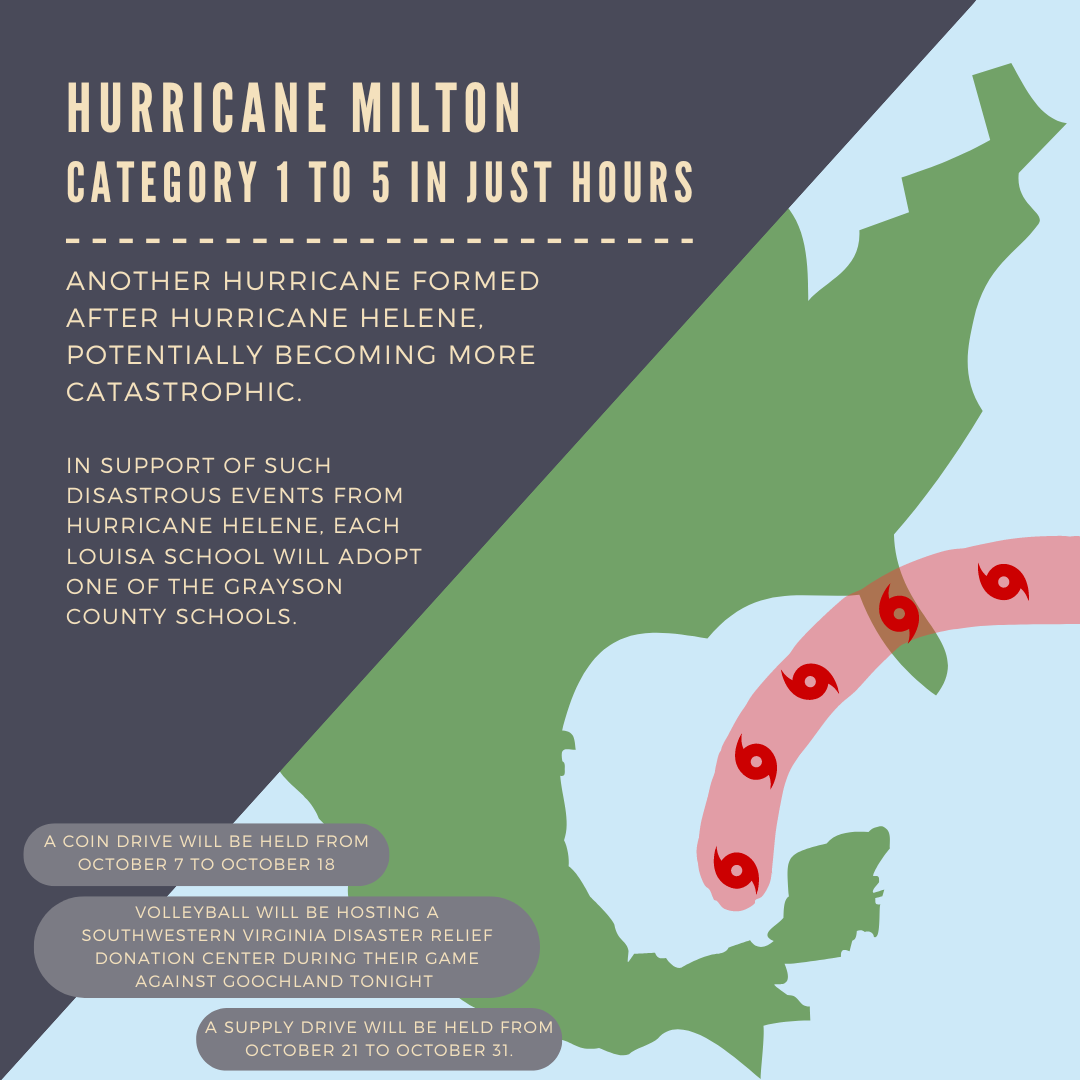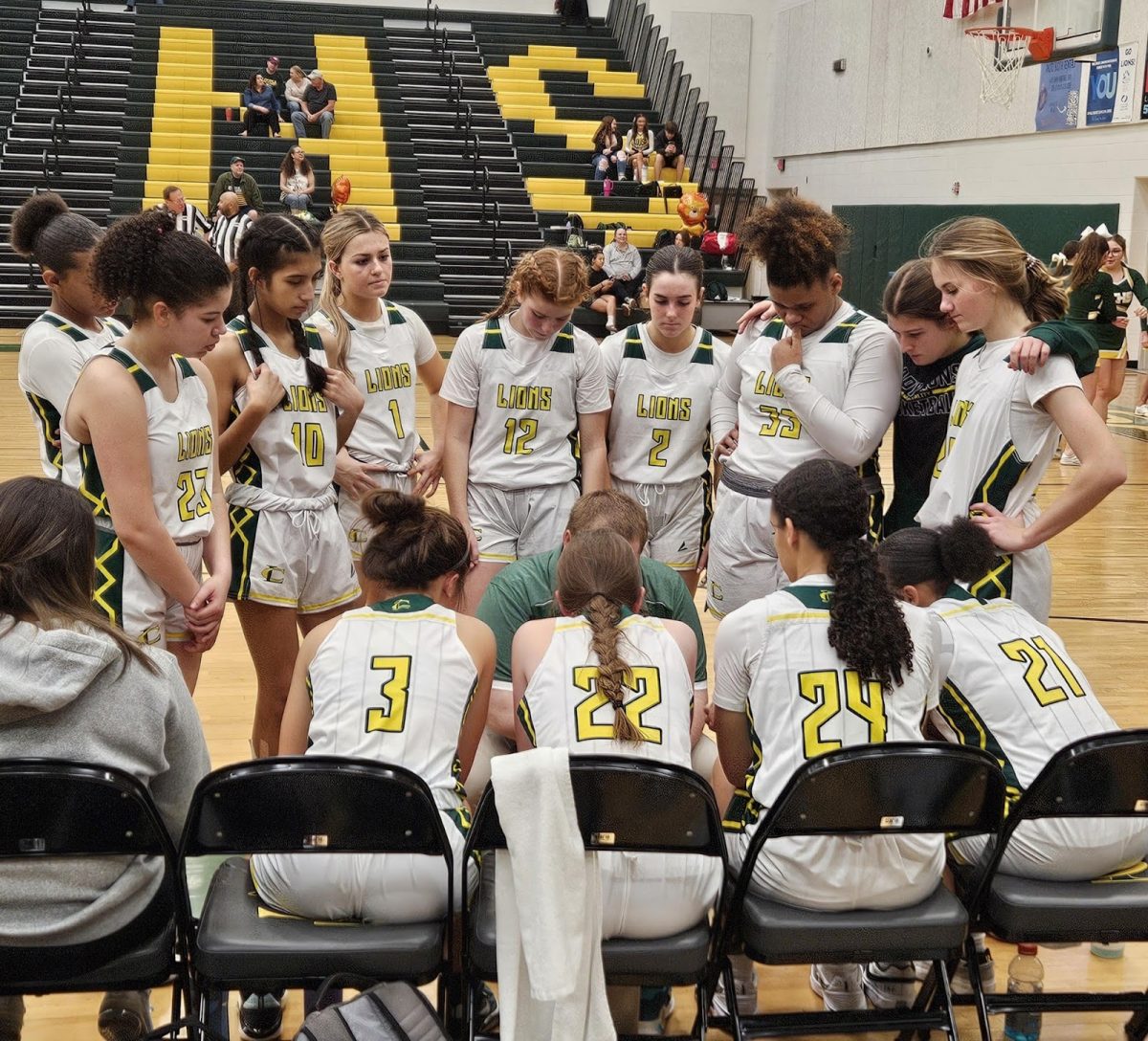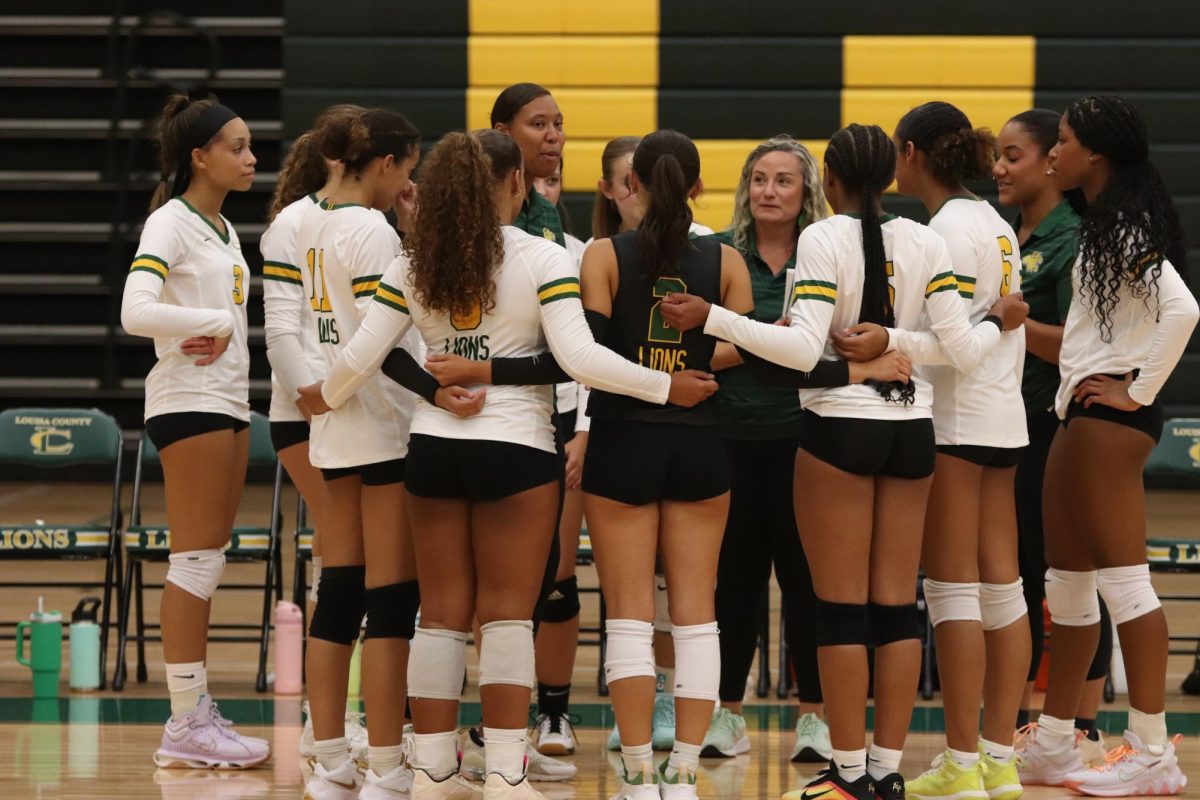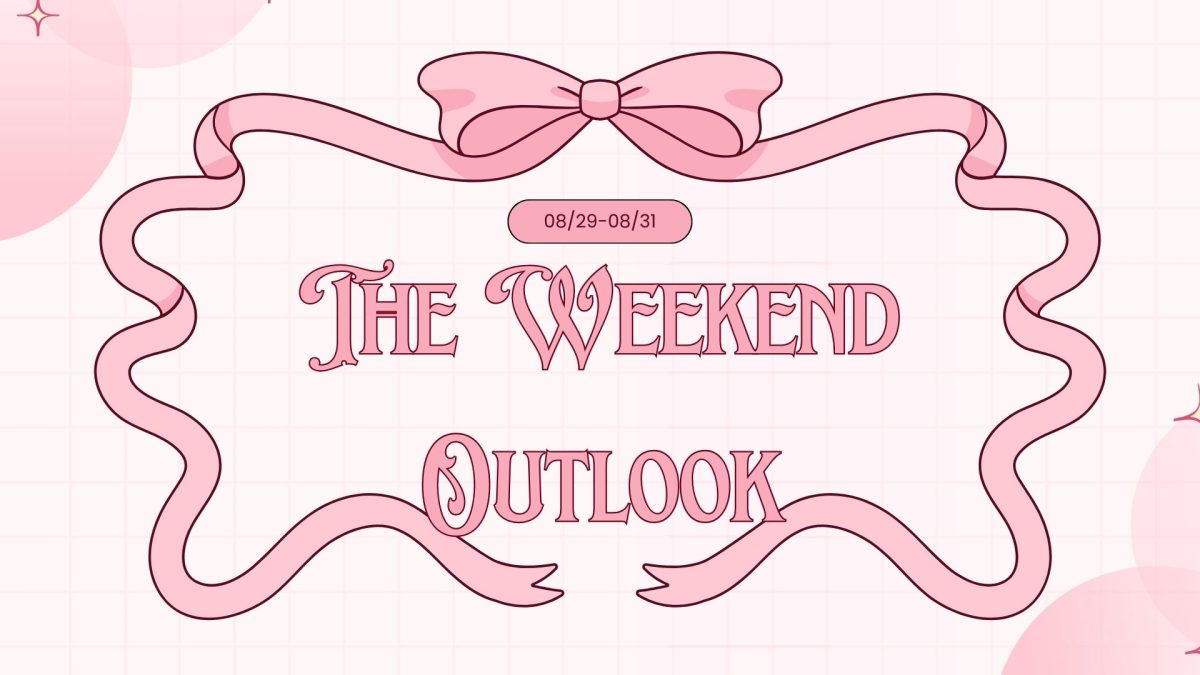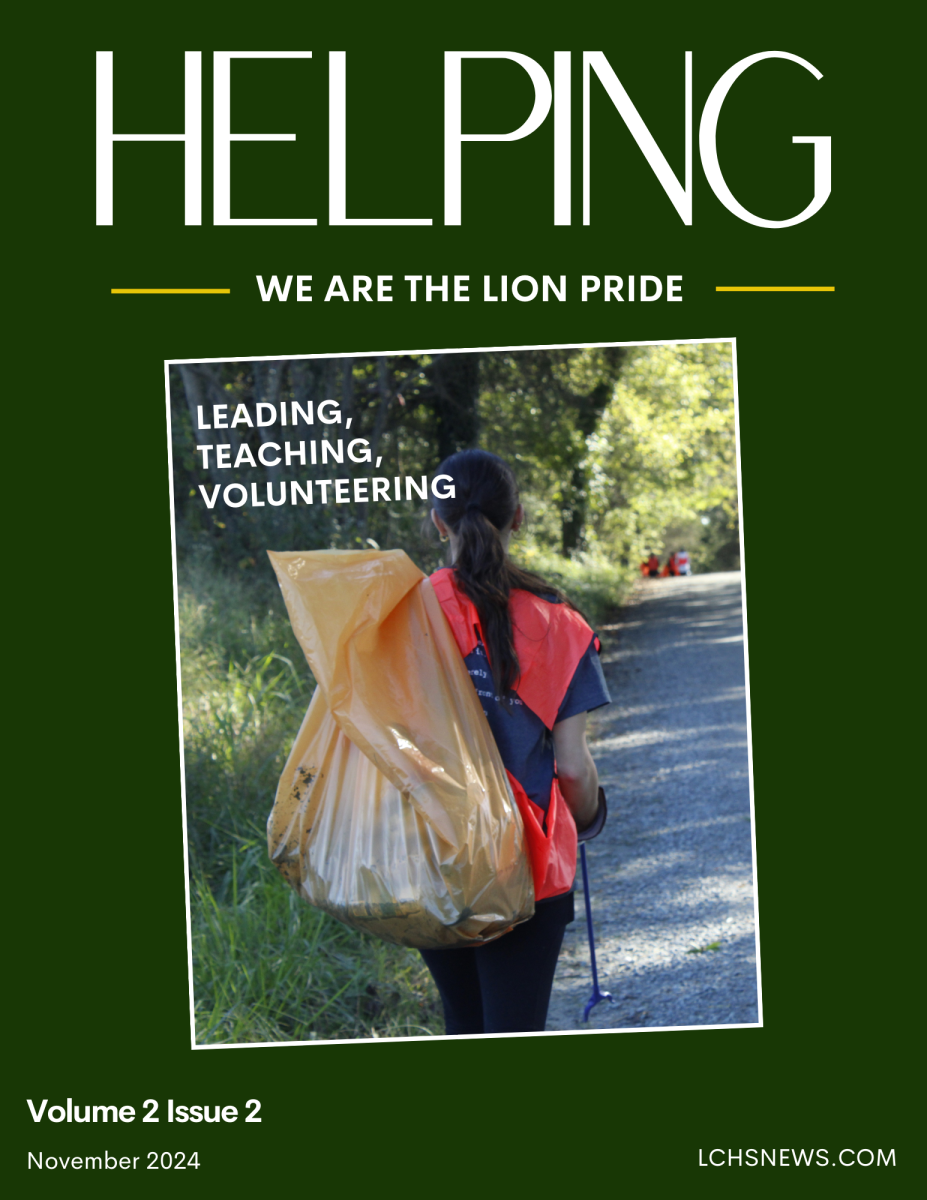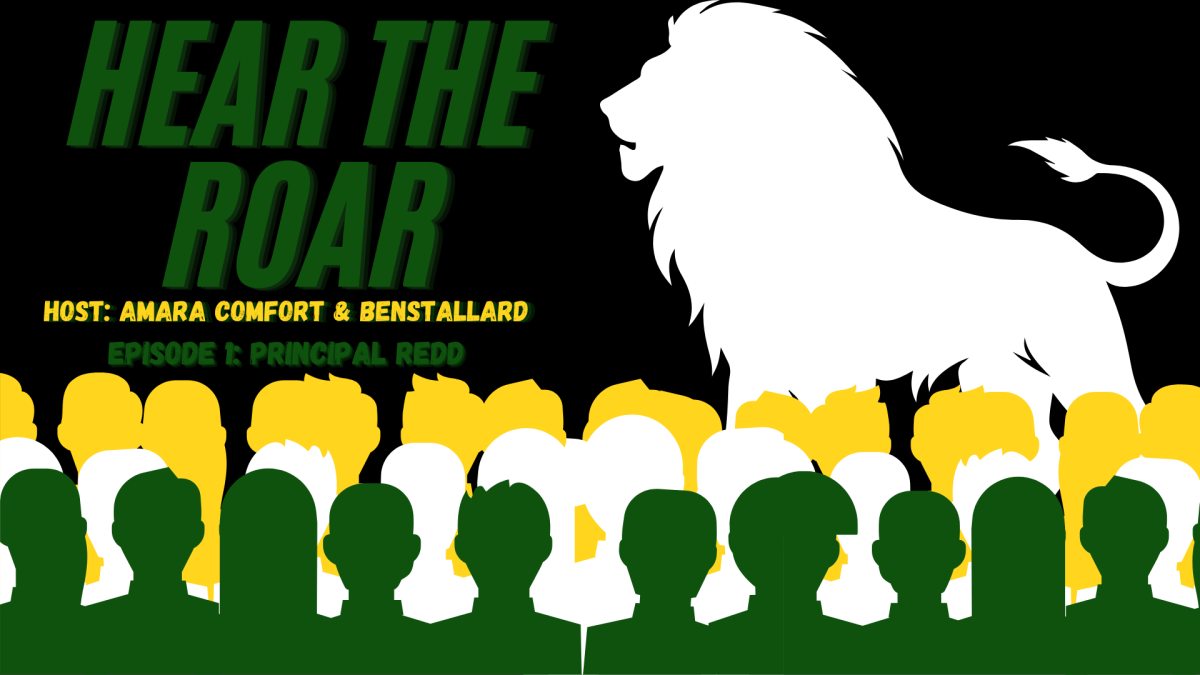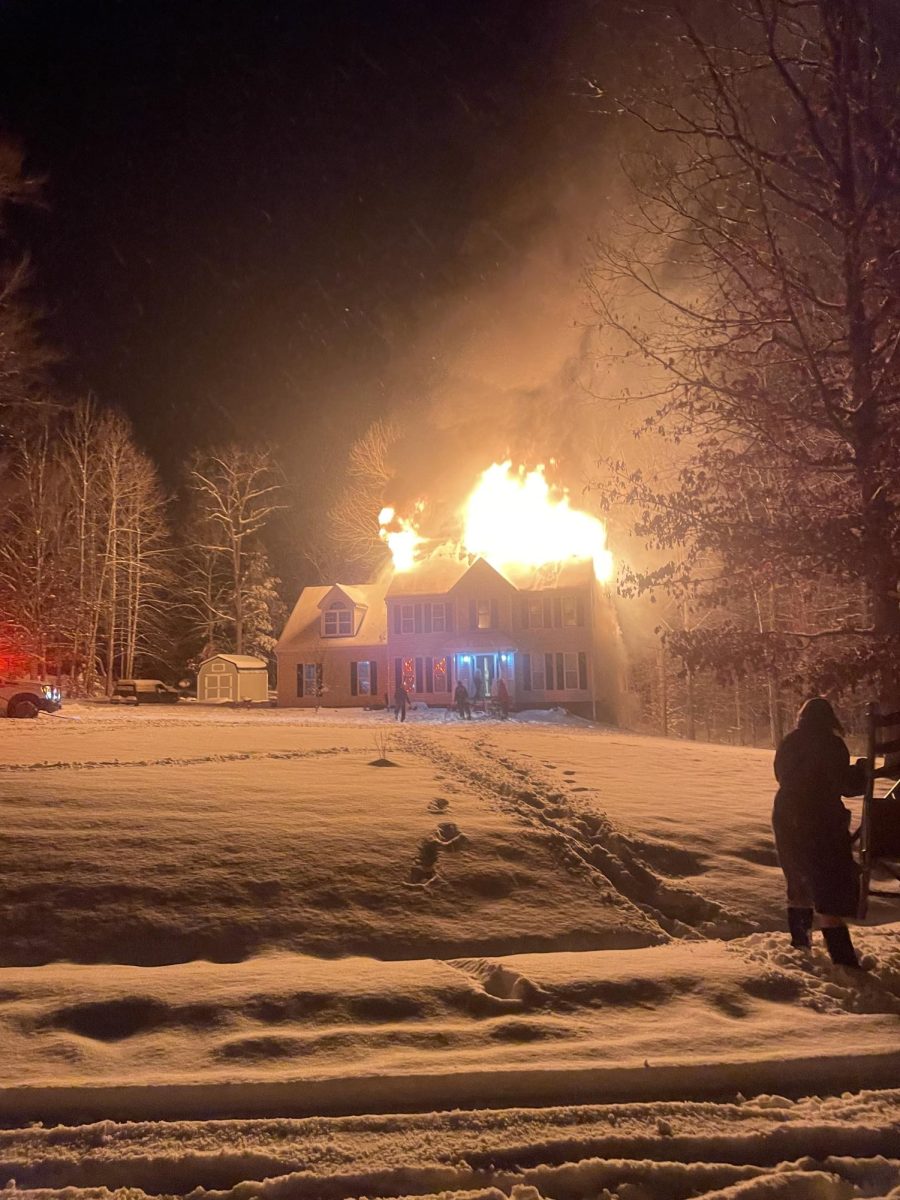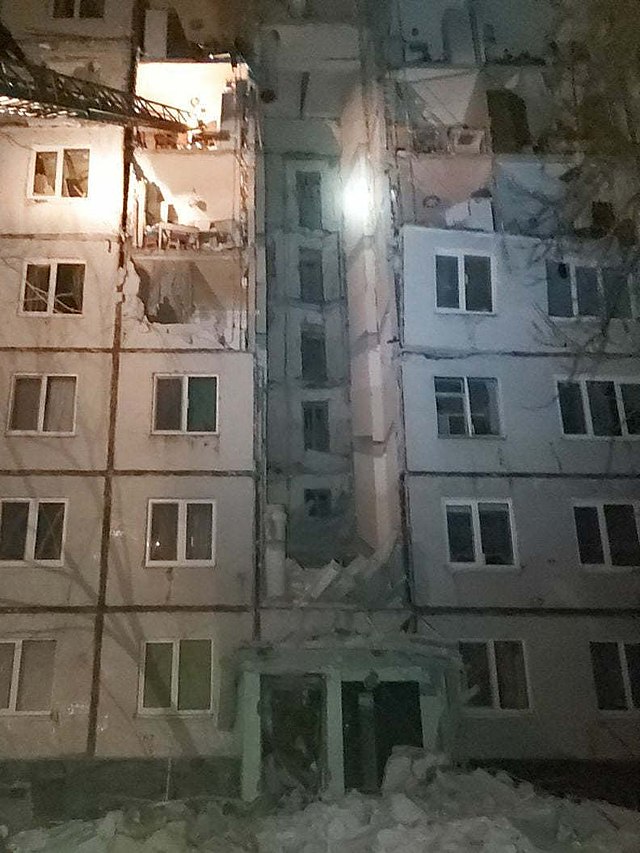Russia-Ukraine War: The Need to De-Escalate
State Emergency Service of Ukraine
Apartment block in Kharkiv partially ruined during Russian invasion of Ukraine.
November 10, 2022
It’s been over eight months since the Russian invasion of Ukraine began, and the ongoing war has resulted in tens of thousands of deaths and the displacement of millions of Ukrainian civilians. According to The New York Times, the invasion began on Feb. 24th, precluded by months of Russian forces building up on the border of Ukraine on three fronts. From the north, in Belarus a Russian-aligned country north of Ukraine, and from the south in the Crimean peninsula, which was illegally annexed by Russian forces back in 2014. And from the east in the Russian-backed Ukrainian breakaway states, Donetsk and Luhansk which make up the Donbas region and have been in an ongoing war since 2014 shortly after the annexation of Crimea.
In response to the invasion, Ukrainian military forces came together with an unexpectedly effective defense that boosted morale and gave Ukrainians hope in fighting against the invading force. According to Reuters, in less than six weeks, Russia’s initial attempt to quickly take over Ukraine failed, and Russia moved its forces to focus on the southeastern front in Donetsk, Luhansk and Crimea, hoping to wear out Ukrainian forces in a drawn-out war of attrition.
According to Reuters, from April to August, the battlelines of the war shifted very little, but as fighting on the eastern front continued, so did the toll of war. Russia ramped up attacks on civilian targets and infrastructure such as power plants, schools, apartment buildings and hospitals, many of which are in western Ukraine far beyond the front lines. These are attacks of desperation; as sanctions come rolling in, the Russian military is racing against the clock before they go bankrupt. In order to try and force a turn in the war, it has resorted to acts of terror.
According to The BBC, Ukraine has been mostly successful in its counter-offensive operations so far. However, even with the Russian economy collapsing, this war has the ability to go on for years. Especially if Ukraine is trying to reestablish the pre-2014 borders by reclaiming Crimea and taking the Donbas back under Ukrainian jurisdiction as President Zelensky has alluded towards. Not only would a long-term war in Ukraine be devastating for the people who live there and destabilize the entire region, but it would also have major geopolitical and economic consequences.
In response to the Russian invasion, western nations have placed sanctions on imported Russian goods, most notably oil and gas, which is the backbone of the Russian economy. According to The New York Times, America quickly cut out all imports of Russian oil and gas. But this has been much more difficult for European countries since they do not have the same abundance of natural oil and gas that the United States does, and import far more Russian energy in the first place. Still, according to the European Union, they will be completely energy-independent from Russia by the end of the decade. In the meantime, The EU has significantly reduced the amount of oil, gas, and coal imported from Russia, which has had a weighing effect on the global economy.
Another way the war will have damaging global consequences is food security. According to The Carnegie Endowment, Russia and Ukraine have accounted for a third of the world’s wheat and barley exports in the past few years. The location of Russia and Ukraine makes them essential to countries in the Middle East and Africa that already face a crisis of undernourishment due to decades of imperialism from the west.
According to The United Nations, “if the conflict results in a sudden and prolonged reduction in food exports by Ukraine and the Russian Federation,” it would result in “the global number of undernourished people could increase by 8 to 13 million people in 2022/23.” Recognizing the imminent need to get food exports, Turkey and the United Nations came to the table with Russia and Ukraine to put together the “Black Sea grain initiative,” which had been very successful. According to the United Nations, the program moved about 400 ships worth of corn and wheat until Vladimir Putin backed out of the agreement in October after a drone attack on a Russian naval base in Crimea.
With no end in sight for this war, the already enormous damage done to Ukraine, and the ongoing death and trauma of Ukrainian people, a need for immediate de-escalation becomes clear. Continuing the war in Ukraine will bleed dry the Russian economy, ravage Ukraine even more, and have huge geopolitical implications. As the fighting goes on and winter quickly approaches the world will find this war is in the best interest of no one. Both Ukraine and Russia increasingly have less to lose, so to avoid a nuclear exchange, the entire international community needs to come to the table with leverage and peaceful intentions. All wars end, and it’s better to end war with diplomacy and treaties than to end it in violence.
As American civilians who live in an unstepped-to global power and will likely never be the victims of war, it is very easy to turn a blind eye to the devastation and cruelty caused by war. That said, it is immeasurably important to condemn state actions that senselessly murder and displace people as Putin’s war in Ukraine does and to advocate for a means to end conflict when it does begin.
Though the desire for world peace and cooperation may be overly optimistic, it is clear that with the imposing existential threat of geopolitical catastrophe, our international leaders must be more thoughtful and proactive about stopping war. War in the 21st Century has increasingly-devastating global consequences and costs; as trade relations between countries become more complex and warfare technology becomes more advanced, the cost of war increases in dollars and, more importantly, in the number of lives lost.







